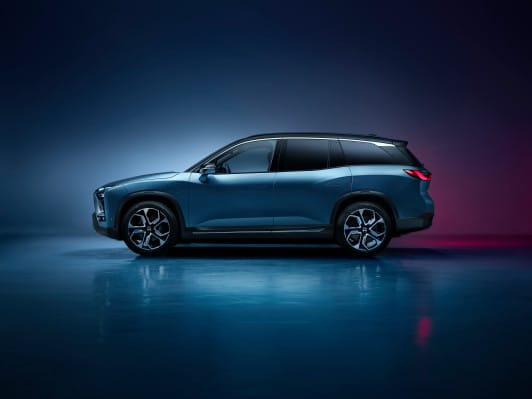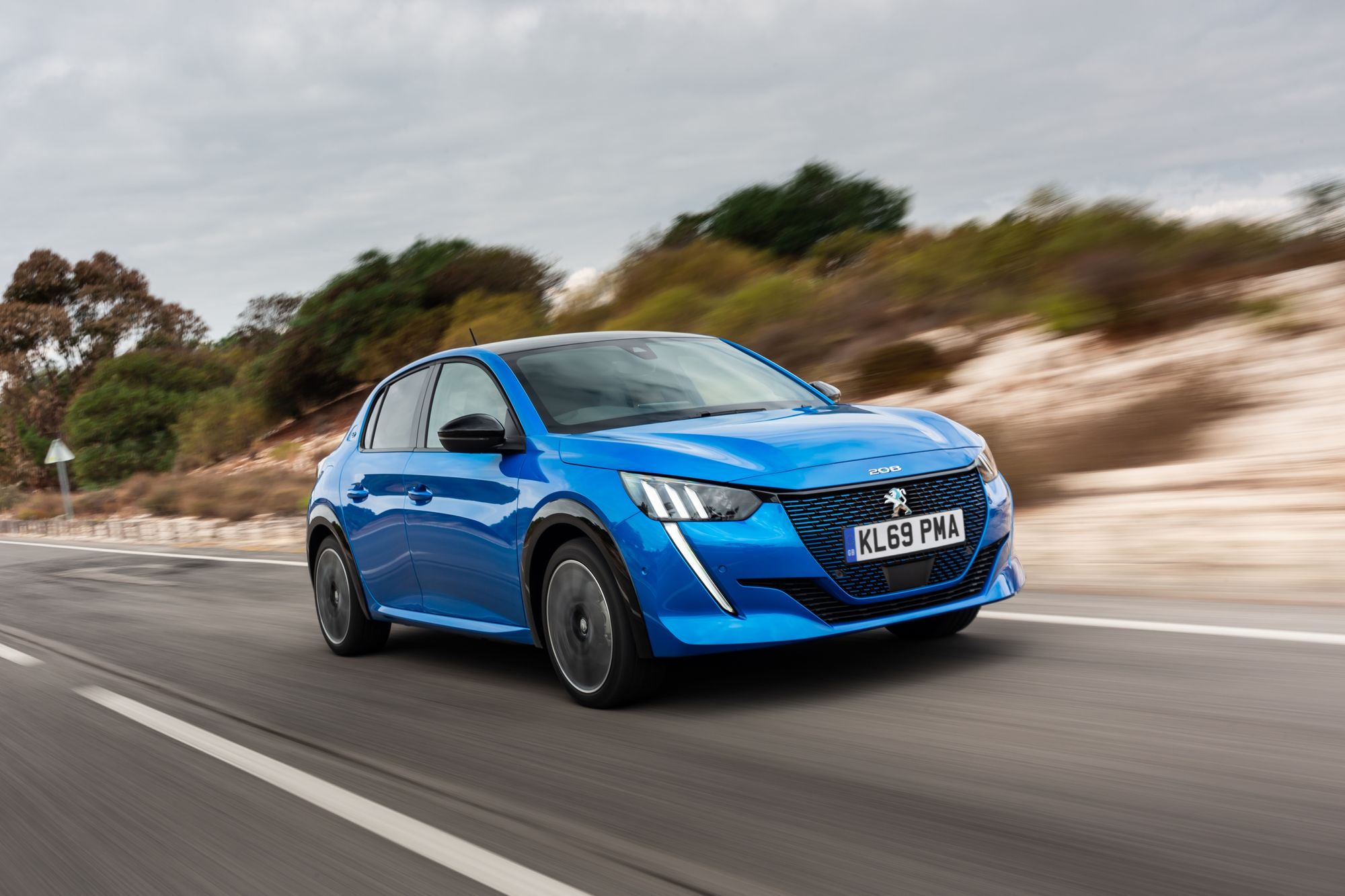How has the pandemic affected the Electric Vehicle industry
Since late last year, when the pandemic hit the world, the economy has been disrupted with so many companies shutting down, making people jobless. When the pandemic curve was high, many countries went into lockdown; thus, not so many people were going to offices; homes were offices.


Since late last year, when the pandemic hit the world, the economy has been disrupted with so many companies shutting down, making people jobless. When the pandemic curve was high, many countries went into lockdown; thus, not so many people were going to offices; homes were offices.
Social distancing rules to follow as one of the precautions to curb the virus's spread; it also affected the public transportation sector. Many opted to use their cars, and if you did not have any, you would have to use a taxi to avoid the congestion that always experienced in public transport.
The pandemic has been positive on the EV sector; we have seen more than 17 countries committing to electric vehicles by 2050. It has also helped cut down the carbon dioxide emissions because of lockdown and many people working from home. Social lives such as clubs, pubs, restaurants, cinemas, and sports venues are closed, it also reduced carbon dioxide emission.
In 2019 the EV business boomed worldwide. China has remained the EV giant worldwide, with close to 1 million electric cars last year. It is a 2 % decrease compared to that of 2018. Europe emerged as the second-largest market with about 561,000 EVs sold in the previous year, and lastly, the United States of America sold 327,000 cars. This year the sale is expected to account for around 1 % of sales globally due to the pandemic. The first wave disabled the economy entirely because this was a new thing for everyone. Therefore, it was a need to shut down and study it; however, the second waves people have learned to live with are a revival of the economy now and in the future.
Electric Vehicles play an essential role in curbing air pollution and address climate change. Last year electric cars helped reduce 0.6 million emissions. Also, the electricity emitted almost equal to that of combustion cars. The global electric car stock minus two and three-wheelers grow every year to about 36 percent with a target of 245 million by 2030.
Society and health care systems are now united worldwide as they fight the crisis, the fear of the unknown that has affected the whole world. It's good to see different industries coming together to tackle the pandemic; automotive sectors have come in to help in manufacturing ventilators.
Coronavirus has a positive impact on the Electric Vehicle industry; currently, there is an increase in the variety of cars in the market for the past few months. Each model has placed the family's needs, such as size, charging, and range. Also, a segment of buying your car from the internet in terms of prices government from different countries such as Germany and France put up Covid-19 recovery in June packages, which included grants for Electric Vehicles. It has helped increase the manufacturing of electric cars.
Clean air- people are now breathing better and can enjoy clear skies due to reduced carbon dioxide in the atmosphere. It is because of the fewer ICEs cars because most people are still working at home. We need to shift to electric mobility if we want to continue enjoying the clean air. However, we must have regulators who put pressure on the automotive industry to manufacture or assemble electric cars for this to take place.
Increase in demand for EVs: EVs' market continued to be stable during the pandemic than the Internal Combustion Engines, keeping in mind that the global demand decreased in China and Europe, but the share has risen. In the USA, the market went down. For the manufacturers who sell their EVs online, their sales went high because the lockdown was one of the measures to flatten the Covid curve. Tesla shifts to an online sale only since March 2020.




